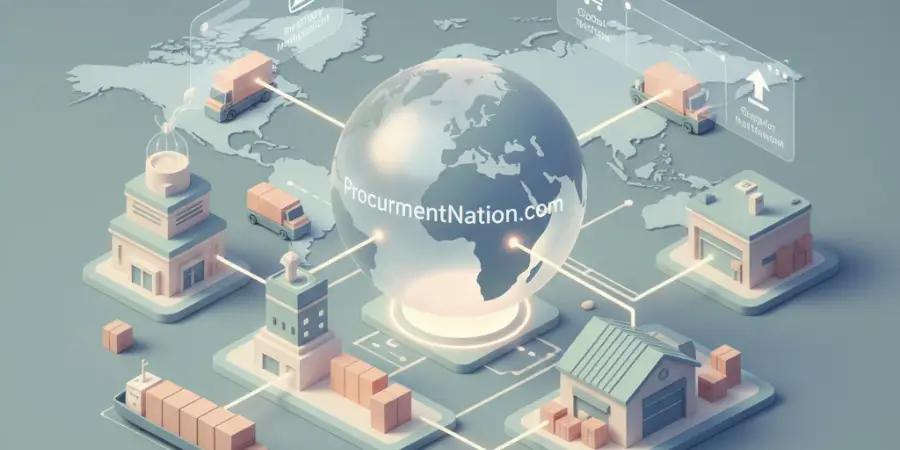In a world flooded with data, automation, and digital transformation, one human trait is proving to be more powerful than ever in business: emotional intelligence (EQ).
Once dismissed as a “soft skill,” emotional intelligence has quietly emerged as a core driver of leadership, collaboration, and success especially in today’s fast-paced, people-driven economy. The truth is, while artificial intelligence can process information, emotional intelligence is what builds relationships, trust, and impact.
Let’s explore why EQ is no longer optional, but a superpower for anyone navigating the modern business landscape.
What Exactly Is Emotional Intelligence?
At its core, emotional intelligence is the ability to:
- Recognize and manage your own emotions
- Understand and empathize with the emotions of others
- Respond thoughtfully rather than react impulsively
- Navigate social complexities with self-awareness
Unlike IQ, which remains fairly static, EQ can be learned, developed, and refined—making it an incredibly valuable skill for professionals at all levels.
Why It Matters Now More Than Ever
- Leadership Isn’t Just Strategic, It’s Emotional
Great leaders today aren’t just decision-makers they’re relationship builders. Whether it’s guiding a team through uncertainty, giving feedback, or managing conflict, emotional intelligence allows leaders to show authentic empathy and presence.
In fact, a high-EQ leader can often reduce turnover, increase engagement, and create a workplace culture that people want to be part of.
- The Hybrid Workplace Needs Human Connection
Remote and hybrid work have transformed how we interact. In the absence of hallway conversations and body language, emotionally intelligent communication becomes critical.
Understanding tone in emails, picking up on unspoken cues during Zoom calls, or simply checking in with sincerity these are EQ skills that sustain trust and collaboration when screens replace face time.
- Sales and Customer Service Are Now Empathy-Driven
Customers are not just buying products they’re seeking experiences, connection, and trust. High-EQ professionals know how to:
- Listen actively
- Respond with compassion
- Adapt communication styles to suit individual needs
In customer-facing roles, emotional intelligence isn’t a bonus it’s a business advantage.
- Team Performance Relies on Psychological Safety
Employees perform best in environments where they feel heard, valued, and respected. Managers with high EQ foster open communication, inclusivity, and support, reducing burnout and boosting team morale.
Emotional intelligence doesn’t just help avoid conflict it transforms conflict into growth.
- It Enhances Decision-Making
Emotionally intelligent people don’t ignore feelings they understand their emotional triggers and balance emotion with logic. This leads to better judgment, especially in high-pressure scenarios.
Whether you’re negotiating a deal or handling a crisis, staying grounded and aware is a powerful asset.
How to Develop Emotional Intelligence in Business
The good news? EQ isn’t fixed. You can build it with intention.
Here are a few simple but impactful ways:
- Practice self-awareness: Pause and label your emotions before reacting.
- Listen more than you speak: Active listening creates deeper understanding.
- Ask for feedback: Understand how others perceive your behavior.
- Empathize consciously: Put yourself in someone else’s shoes—really.
- Manage stress proactively: Calm minds create better connections.
Over time, these practices lead to stronger leadership, better teamwork, and more meaningful professional relationships.
The Real Superpower: Human-Centered Business
In an age where AI writes emails and algorithms predict behavior, it’s easy to assume that human qualities are taking a back seat. But the opposite is true.
What sets businesses apart now isn’t just innovation. it’s human intelligence, and especially emotional intelligence. Companies that value EQ are building teams that are more resilient, inclusive, and future-ready.
Final Thoughts
Business success today doesn’t depend solely on technical skills or strategy. It hinges on how well we relate to one another, how we lead through complexity, and how we communicate with empathy.
Emotional intelligence is no longer a “nice to have.” It’s a superpower.
And the best part? It’s one we all have the potential to grow.













